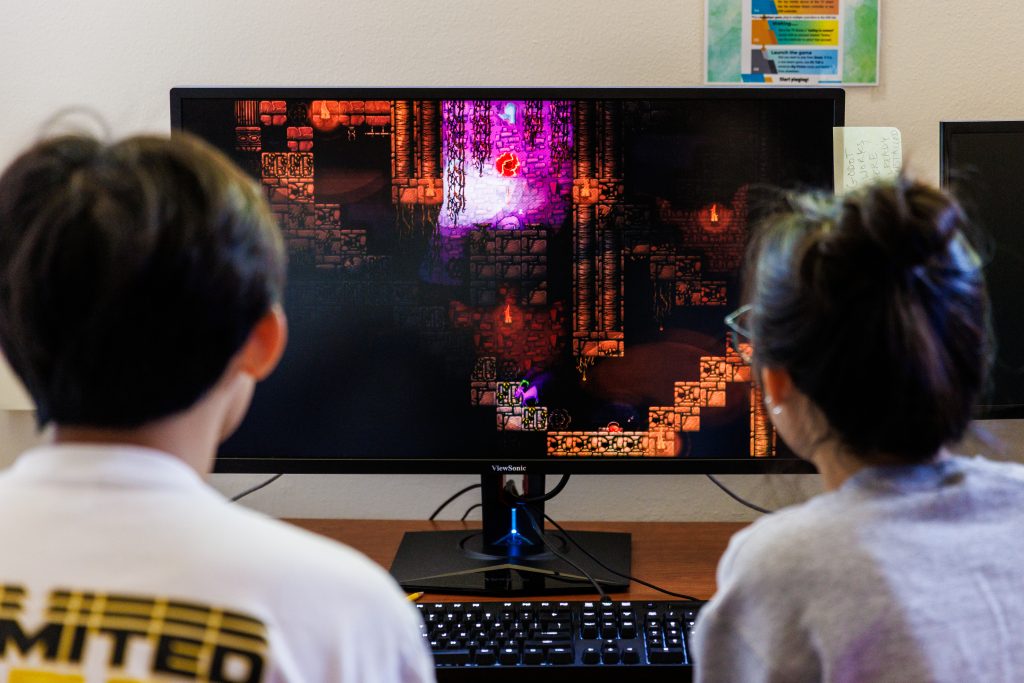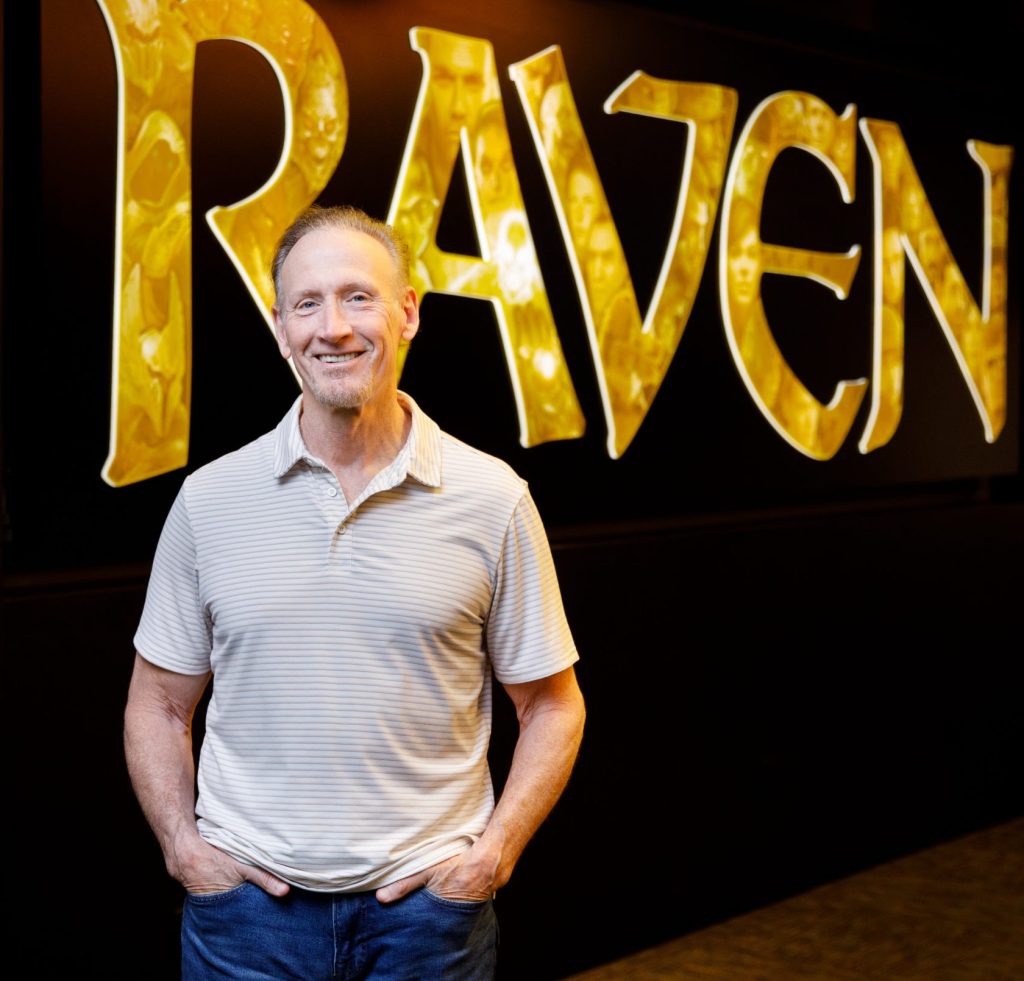
Story by Kari Dickinson, UW–Madison School of Education
This year, Raven Software — co-founded by UW–Madison alumnus Brian Raffel — donated 200 computers valued at $1.26 million to UW–Madison to enhance research and learning opportunities for students across multiple disciplines critical to the video game industry.
“It’s a direct benefit to both education and research,” says John Garnetti, managing director of UW–Madison’s Office of Business Engagement (OBE).
Peter McDonald, an assistant professor in the School of Education’s Department of Curriculum and Instruction, has already seen a major improvement in his game design courses. “The technology changes so quickly that it is hard to keep our equipment up to date,” McDonald says.
“These computers allow our students not to rely on their personal laptops, which aren’t built for the work we’re doing,” adds McDonald. “Now, they can use top-of-the-line game development tools.”
The equipment is also opening new creative frontiers in the Art Department, significantly increasing lab capacity and allowing for expanded course offerings. “I’m very thankful for this gift and what it enables for our students,” says Leslie Smith III, professor and chair of the department. “It builds on the steps we took years ago to incorporate 3D modeling and animation into our curriculum.”
In the School of Computer, Data, and Information Sciences (CDIS), the high-powered systems will advance cutting-edge research on artificial intelligence and scientific computing. Integrated into the EFabric testbed — an “AI for Science” platform developed by the NetLab group led by assistant professor Ming Liu — the machines are helping researchers tackle complex, data-intensive problems in fields ranging from chemistry to ecology.

OBE partnered closely with the Wisconsin Foundation and Alumni Association (WFAA) as well as the School of Education and CDIS to coordinate the partnership with Raffel and his company. By aligning Raven Software’s regular technology refresh cycle with UW–Madison’s needs, the company was able to put high-quality computers which might otherwise have been discarded directly into the hands of students and researchers.
“Partnerships like this can come in many forms,” Garnetti says. “It’s not always about writing a check — it’s about creativity and collaboration.”
Garnetti lauded Raffel as “the champion who made it real.”
“He’s someone who truly cares about this community and this university,” Garnetti says.
A former art student turned high school art teacher, Brian Raffel cofounded Raven Software with his brother, Steve, in 1990, when they got a publishing deal for their first computer game, Black Crypt. What began as a creative side hustle is now a global company — part of Activision/Microsoft — behind blockbuster titles, including many in the Call of Duty universe.
Even as Raven Software has grown into a global powerhouse, Raffel continues to give back to Wisconsin and the university that shaped him.
“We’re helping train people in Wisconsin and keep them in Wisconsin,” he said. “I mean, we’ve got the university, a good cost of living, good schools — we’ve got a lot to offer in this state.”
Read the expanded profile of Brian in the next issue of Learning Connections, the School of Education’s semi-annual alumni magazine.